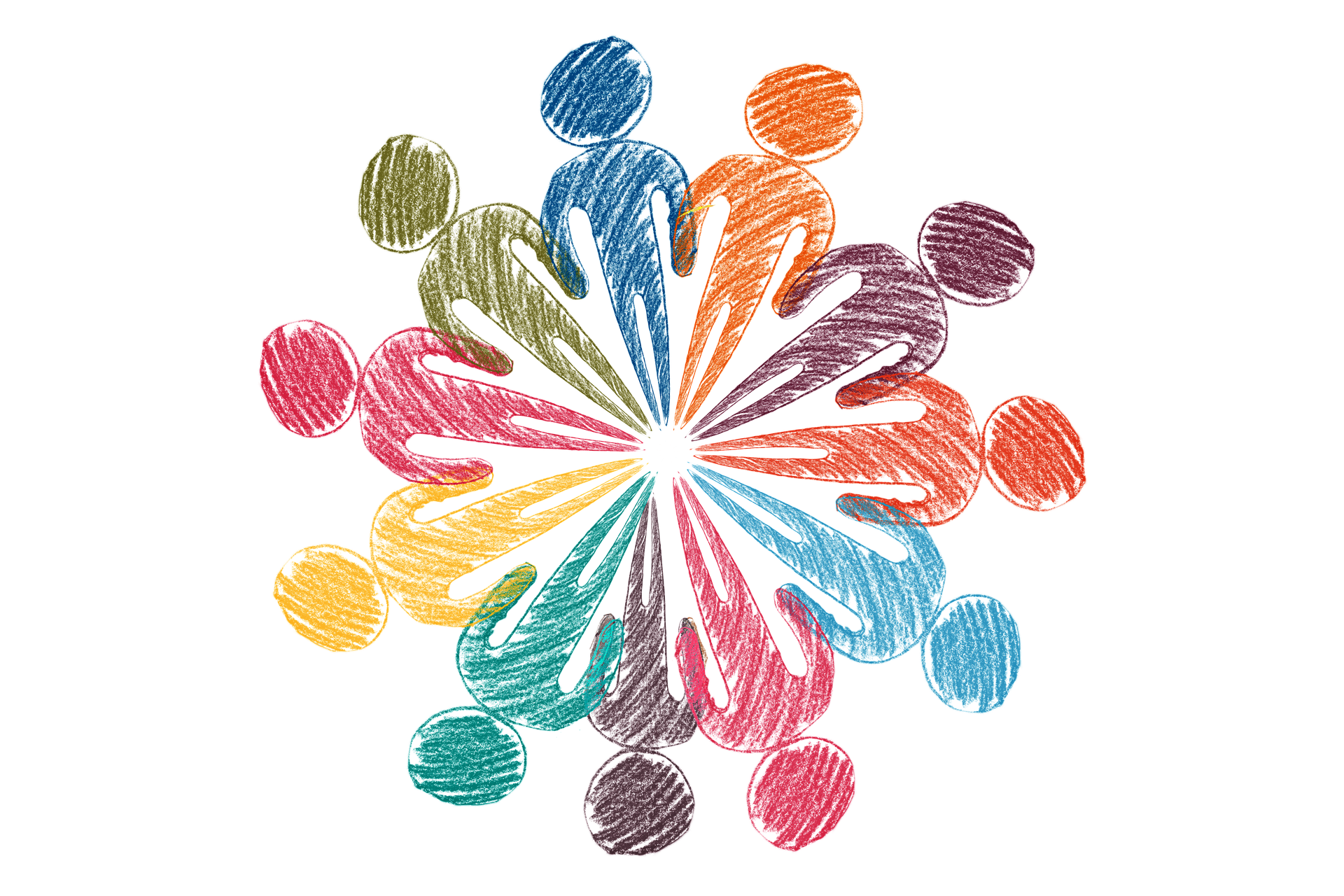By Crystal Williams, Ed.M.
As early childhood professionals, it is imperative to engage in ongoing learning and professional development. One way to accomplish this is by engaging in social learning through communities of practice (CoPs). In this three-part blog post series, we answer the following questions about communities of practice and provide resources for further exploration:
- Part One: What is a community of practice? Why should I join one?
- Part Two: What communities of practice exist in early childhood education? How can I start my own community of practice?
- Part Three: What other things should I consider when developing and maintaining a community of practice?
What other things should I consider when developing and maintaining a CoP?
As the name suggests, it is important to foster a sense of community within the group. To that end:
- Identifying strong/organized facilitator(s) with good communication skills is essential Having co-facilitators can help balance the workload that goes into facilitating a CoP and each facilitator may bring different knowledge, skills, and strengths to the CoP.
- Agreements of the CoP should be co-constructed and revisited frequently. Agreements, much like rules or guidelines, may include items such as: commitment to the domain of the CoP, ensure that all members have opportunities to contribute, individual microphones remain muted when a person is not speaking, and the use of the chat feature is acceptable at all times (or only at certain times).
- All participants’ experiences and strengths should be valued and respected. For example, a member with less experience in the field but great organizational skills may contribute by creating/managing a place to share information and resources.
- Varying opportunities for engagement, in multiple “accessible” formats, is key. Consider how new members are welcomed/oriented to the group, what technologies might be used for communication and resource sharing, and methods to ensure members who are not able to consistently join meetings/activities can stay connected.
- All participants should have opportunities to participate at their individual comfort level and ability. For example, some people may want to lead discussions while others might prefer to listen and observe, take notes and share their thoughts after the meeting.
- Evaluate and assess the CoP (formally and informally) routinely so you ensure time/activities are focused on the participants’ shared interests.
For more information about creating, maintaining, and participating in communities of practice and social learning, check out these resources:
- Introduction to Communities of Practice
- Growing Together: Developing and Sustaining a Community of Practice in Early Childhood
- Frequently Asked Questions about Social Learning, Communities, and Networks
We are interested in hearing from you! Comment below and share which CoPs you’re interested in. Which ones are you already involved in? What makes a CoP meaningful to you?
References
Gillaspy, K., Vinh, M., Surbrook-Goins, N., & Nichols, S. (2019). Growing together: Developing and sustaining a community of practice in early childhood. Gryphon House Inc.
Image from Pixabay.com, CC0















